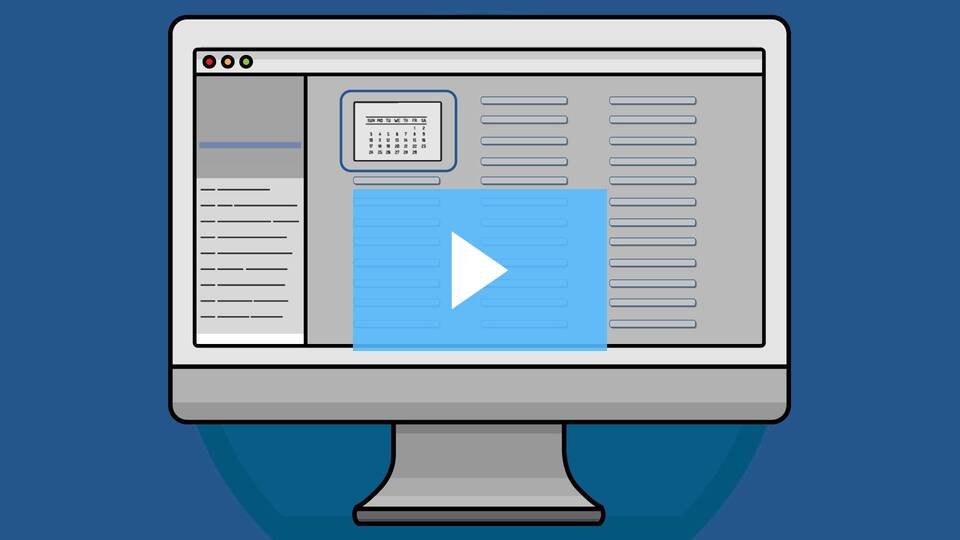Just the other day after a sizing session, with one of the teams I am involved in, I was thinking of ways to get people thinking differently about story points. That it is not something linked to time but that it is rather a unit of effort and complexity
This is sometimes a difficult concept to explain to humans as we always think that, when there is effort there must be time involved.
As I was searching for an answer and a refresher for my own mind, I came across a video of Mike Cohn at Mountain Goat Software that cleared up quite a few things for me.
He says that there are three mistakes that teams make:
- Equating story points to time.
- Creating perfect estimates.
- Struggling to estimate when there is a range of skills.
I have experienced this with a few teams that I’ve been involved in. Where questions like, “how long will it take to finish a story” or “how long will this take a junior developer vs a senior developer” and “are we sure the estimates are perfect”.
The simple answer to these questions is that Story points are relational. Mike uses a very good analogy by comparing two joggers. One is fit and used to competitions and the other just got up from the couch. When asked how much time it will take to run a specific track, the fit jogger will say 10 minutes for instance and the couch potato will say, no way it will take 20 minutes.
Therefore, there will never be any agreement on how long it will take, however, if you compare another track with the track they are running on now and ask them in relation with the other track, will it take longer or will it be quicker and how must longer or quicker will they be able to finish the one track in relation with the other. Will it for instance take twice as long, three times as long, then without taking into consideration what each runner’s fitness levels are, an agreement can be reached.
So what Mike is trying to say and what I am trying to say is, when we size the effort of a thing feature or task, we always need to relate it to something else. We need to ask the triangular question. Will the feature or task we are sizing now be more effort or less effort than the feature or task we’ve sized previously.

For teams, especially young immature teams this is sometimes a difficult concept to understand. So let me try to summarise.
Story points are not linked to time but to effort and complexity, however, story points are used to measure time as an input characteristic of how fast a team can work. Seems a bit confusing doesn’t it. Well not really. A team’s speed is measured by its velocity, in other words, how many story points can a team deliver in a sprint. Therefore, story points are a unit of measure to establish the velocity without thinking of it as a time-based measure.
Watch the webinar.

Have a product you're ready to



.svg)